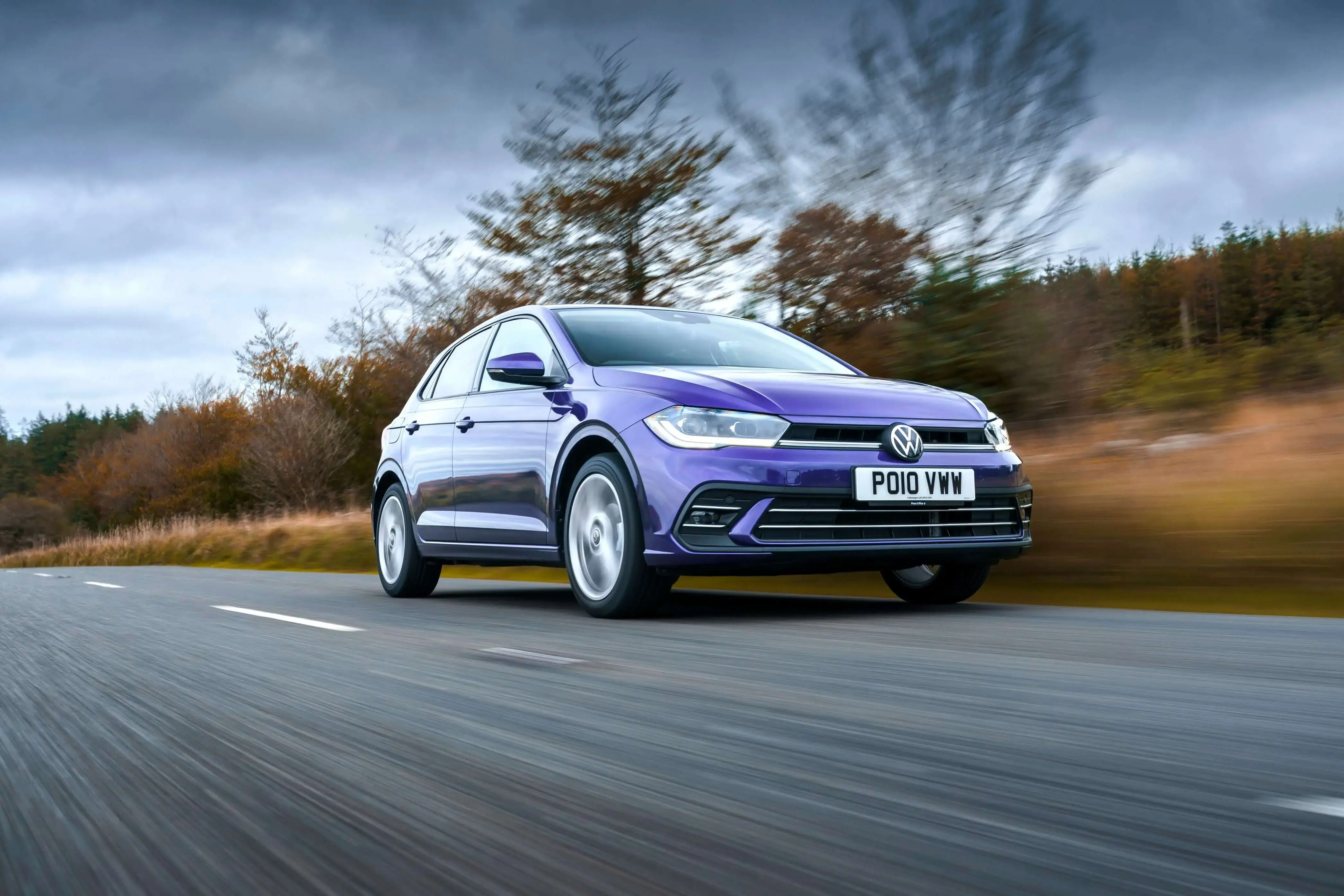- Carmoola
- Blog
- Car Finance
- Are car finance interest rates fixed or variable?
- 🗞 Car Finance
- Last updated: Mar 20, 2025
- 5 Min Read
Are car finance interest rates fixed or variable?
Written by

Verified by


See how much you can borrow in 60 seconds
| Representative Example | |
|---|---|
| Loan amount | £10,000 |
| Interest rate | 13.9% APR |
| 54 payments of | £246 |
| Total cost of credit | £3,284 |
| Option to purchase fee | £1 |
| Total payable | £13,285 |
When you're taking out car finance, you'll usually need to pay an interest rate as part of your monthly repayments. This interest is typically calculated as a percentage of your total loan amount, and it’s added to your regular payments. While many car finance agreements come with a fixed interest rate, there are some that don’t.
We’re here to help you understand the difference between fixed and variable rates, how each one affects your monthly payments, and what you should consider when choosing the best option for your car finance.
What is a Fixed Interest Rate?
A Fixed Interest Rate means your interest rate will stay the same throughout the entire term of your loan. Your rate will be based on factors like your credit score, payment history, loan amount, and how long you want to borrow for.
The great thing about a fixed rate is that it gives you predictable, stable monthly payments. This makes it easier to budget, knowing exactly how much you’ll pay each month. Fixed rates are common in Personal Contract Purchase (PCP), Hire Purchase (HP), and traditional car loans.
With a fixed rate, you don’t have to worry about market interest rates changing. Even if they go up, your payments will stay the same. This can be especially helpful if you're spreading your payments out over a longer period of time.
What is a Variable Interest Rate?
Variable interest rates are more commonly seen with mortgages, but sometimes they pop up in car finance too, though they’re a bit harder to find. With a Variable Interest Rate, your interest rate can change depending on what’s happening in the market.
This means your monthly payments could go up or down from month to month. If the base rate decreases, you’ll likely see your payments drop. However, if the base rate increases, your payments will likely rise too.
While variable rates can be a bit riskier, they also offer the potential for savings if interest rates happen to go down.
How do interest rates affect your monthly payments?
When you take out car finance, your interest rate will be added to your monthly repayments (unless you have a 0% interest deal). This means with a fixed rate, you’ll know exactly how much you’ll pay each month, making it easier to stick to a budget. With a variable rate, though, your payments could change—sometimes from month to month—depending on the current market rates.
There are some things to consider when weighing up the options.
- How much the interest will cost: Fixed rates might seem more expensive initially, but they give you that peace of mind of knowing what to expect each month. Variable rates could be cheaper at the start, but remember they can rise as market rates change.
- Your risk tolerance: If you like the certainty of fixed payments, a fixed rate is probably the way to go. If you’re okay with the chance of fluctuating payments and potentially saving some money if rates drop, a variable rate might suit you better.
- Economic conditions in the UK: The Bank of England’s base rate plays a big role in setting interest rates, and it’s influenced by the UK’s economic situation. If inflation is rising, interest rates may go up to keep things stable, while a recession could bring rates down to encourage spending.
- Affordability: If you're already stretched with your budget or your income is a bit unpredictable, a fixed rate might give you that extra peace of mind. With a variable rate, sudden payment increases could catch you off guard.
- Your loan term: If you're planning to finance your car for several years, it’s worth bearing in mind that a lot can change during that time. A fixed rate may give you more stability over a longer loan term, while variable rates are likely to fluctuate over time.
Which option is best for you?
Generally, fixed-rate finance is the more common option when buying a car because it makes budgeting easier. However, if you think interest rates are expected to drop, a variable rate option could be worth considering, if you can find a lender that offers it. Ultimately, the best option is the one that fits your financial goals and budget. What works for one person might not be the best choice for someone else.
FAQs about fixed and variable rates
What happens if interest rates go up during my car finance term?
If you're on a fixed-rate loan, your repayments will stay the same, even if interest rates rise. If you have a variable rate, though, your repayments will likely go up as the base rate increases.
How can I check if my car finance has a fixed or variable rate?
Can I switch from a variable to a fixed rate?
See how much you can borrow in 60 seconds
| Representative Example | |
|---|---|
| Loan amount | £10,000 |
| Interest rate | 13.9% APR |
| 54 payments of | £246 |
| Total cost of credit | £3,284 |
| Option to purchase fee | £1 |
| Total payable | £13,285 |
Related articles
What is 0% car finance? Is it really interest-free?
In simple terms, 0% car finance means you get to pay for your car with no interest added to your monthly repayments. It’s a great...
What does being pre-approved for car finance mean?
When you’re first setting out on your car finance journey, getting pre-approved is often the first milestone you’ll hit. Being...
Which credit reference agencies do lenders use?
When applying for car finance, your credit score can make a significant difference to the APR you’re offered, your repayment...

.webp?width=832&height=592&name=customer-support%20(1).webp)










.webp?width=400&height=285&name=online-shoppers-with-dog%20(1).webp)


.jpg?width=500&height=356&name=Vintage%20car%20going%20to%20an%20old%20town-1%20(1).jpg)





